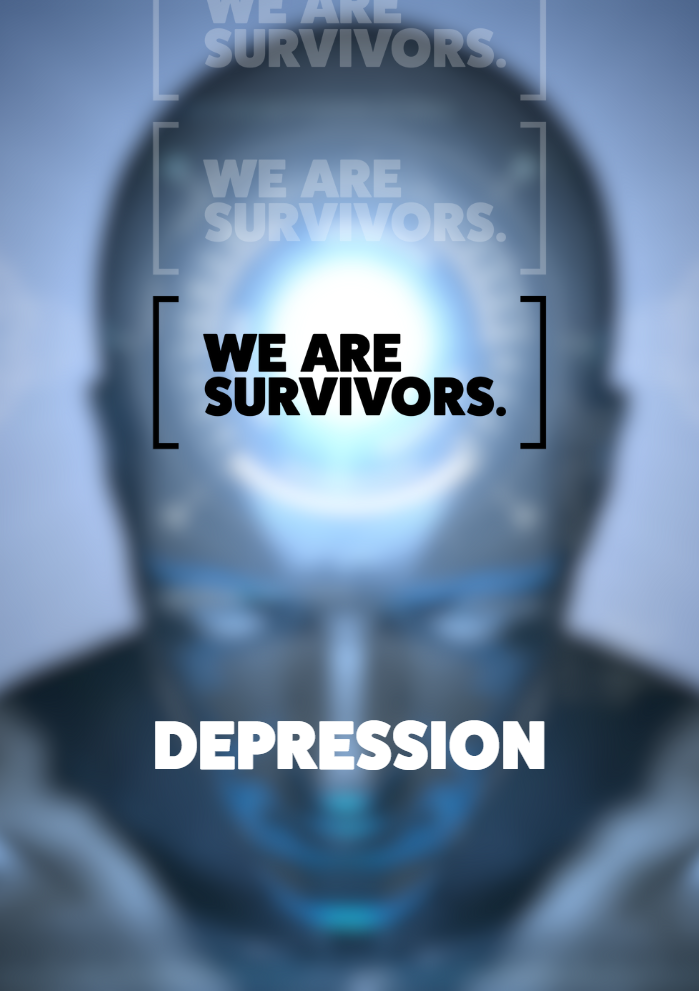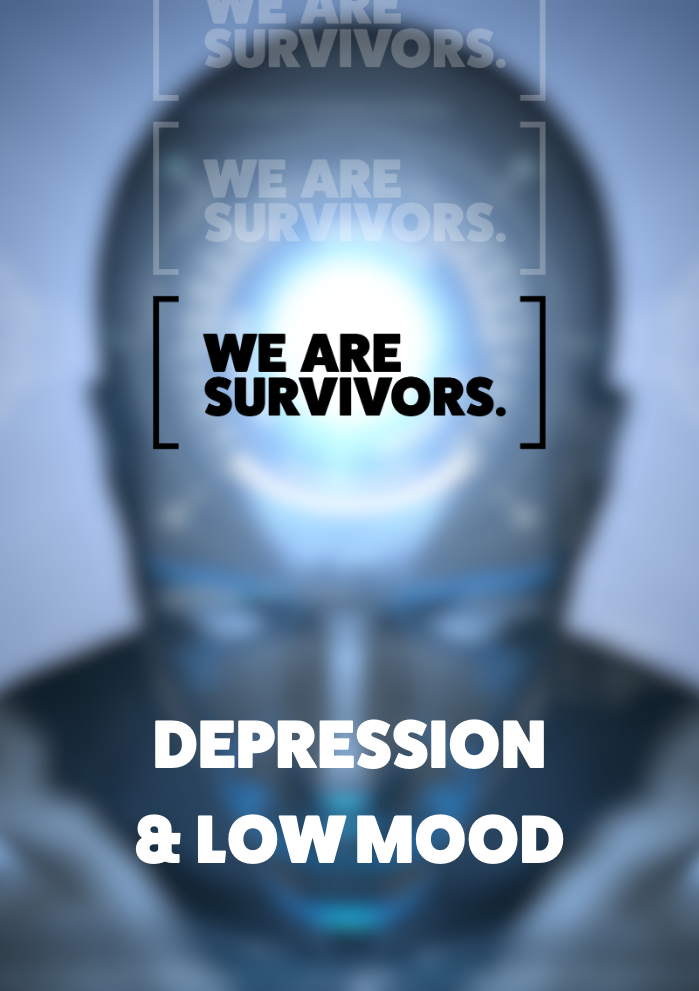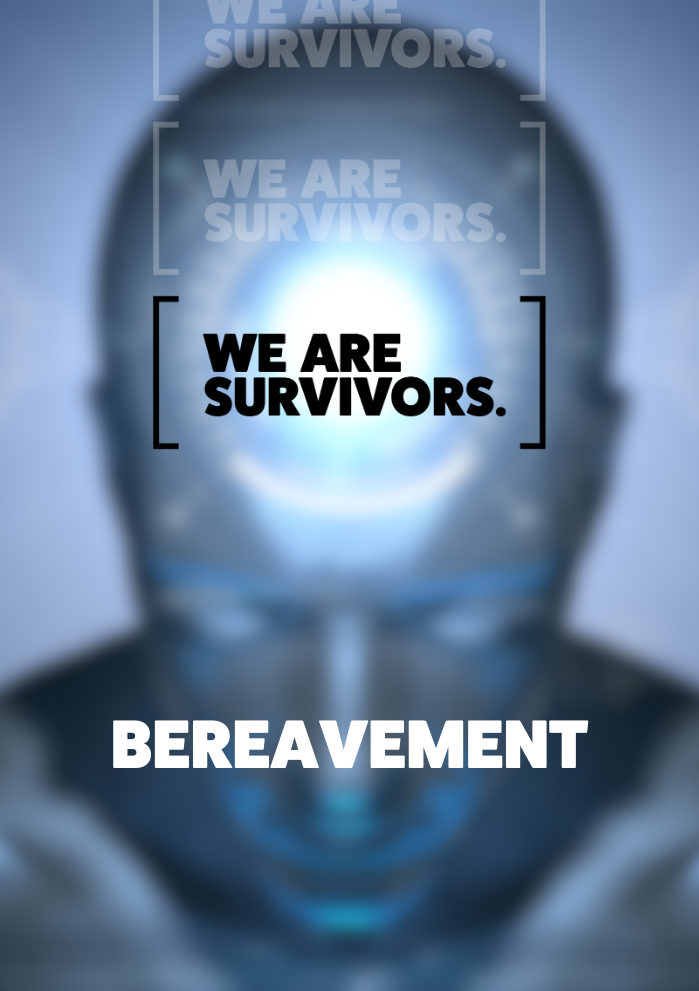When people talk about depression, or feeling depressed, they can mean many different things. If we imagine depression as a scale with sadness at one end and clinical depression at the other, it helps illustrate that depression comes in many forms and degrees. But regardless of its intensity, when someone feels depressed it can be hard for them to manage life.
A depressed affect reveals itself in sadness or a feeling of dejection; depressive thoughts include seeing ourselves, others and the world in a negative way; and depressed behaviour is exhibited in lethargy, isolation and disturbed eating and sleeping patterns.
As stated earlier depression comes in many forms from feeling sad or miserable, to wanting to or attempting to end ones own life. All forms of depression can be debilitating and cause us distress.
Contrary to some people’s belief, there is no one single cause of depression – it can be a combination of things – and it varies from person to person. Its known that our past experiences can have a profound effect on how we feel about ourselves in the here and now, and if those feelings are very negative or if we have experienced something that has made us feel bad about ourselves, this can be a downward spiral to being depressed. Anyone (and research shows that that’s most of us at some point in our life) that’s ever felt sad, low, down, miserable or suffered from clinical depression will know, the last thing we want to hear is someone tell us to ‘pull our socks up’, ‘get over it’, or ‘get on with it’. Funnily enough, that never helps and in fact, it can do quite the opposite!
As survivors, depression can be a common issue in the legacy of the abuse we suffered. Something was done to us that should never have happened. Often, our youth and innocence was taken away and we were the victims of someone else’s twisted affection. Why should anyone be surprised that we can often feel depressed… ‘pulling our socks up’ might be alright for a moment, but will it really help us in the long term!
What can help is talking and most importantly, really being listened to. Counselling, cognitive behavioural therapy, and other ‘talking therapies’ can be of great help. Feeling safe, respected and treasured by a loved one or friend who listens and supports us through our difficult times can also be beneficial. Support groups, meeting others in a similar situation and just knowing your not on your own can also be an aid to lifting depression.
Exercise has been proven to be of use in the fight against depression as the body’s pleasure chemicals known as endorphins are released and help us feel better.
Recognising when we are beginning to feel low and taking appropriate action to care for our self is a good way to start working through depression.
But don’t feel that you have to suffer in silence!
If you don’t feel that you are able to work through it on your own, seek out some professional help. That’s what they are there for. Try and talk to your doctor about how your feeling and work out together what is best for you. Some people are prescribed anti-depressant medication, some people go for talking therapies, some people do both. As there is no one cause of depression then regardless of what anyone says, there cannot be just one way to work through it. YOU decide what you think is best for you. Talk it over with someone you trust… talk to us if you want to. A sounding board is always a great idea to thrash out a plan. Although we cant say we know exactly what your going through, we have a pretty damn good idea. Remember, We Are Survivors is survivor-led, we’re survivors too!
And if you really feel that things are getting to much and it seems
like bringing your life to a swift end is the only option,then don’t ever be afraid of going to hospital or calling 999



